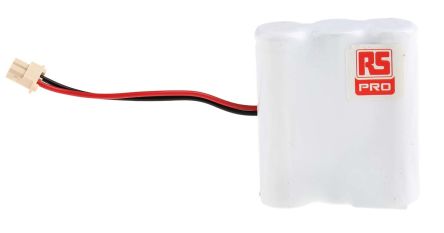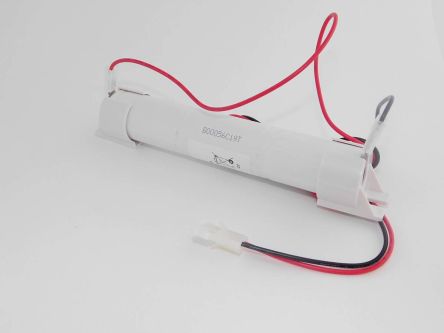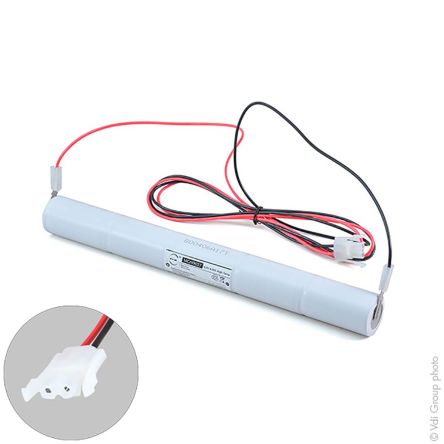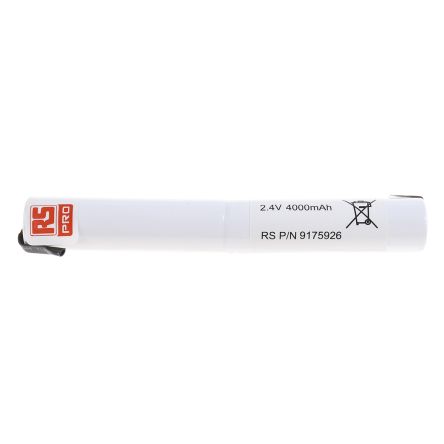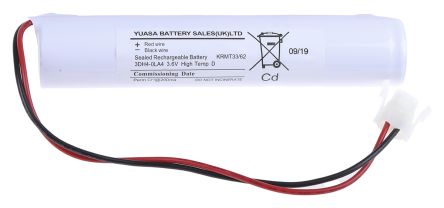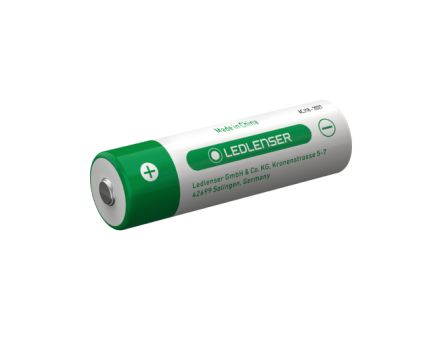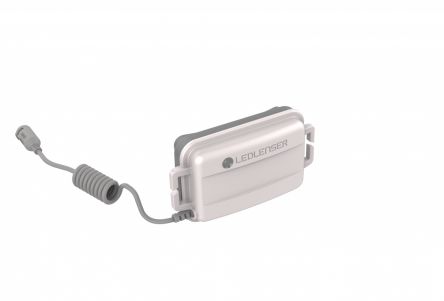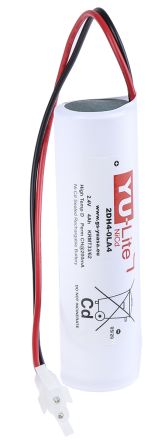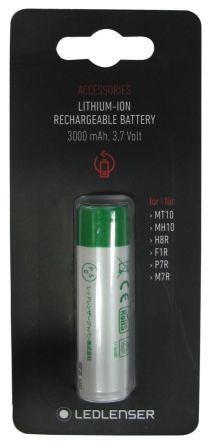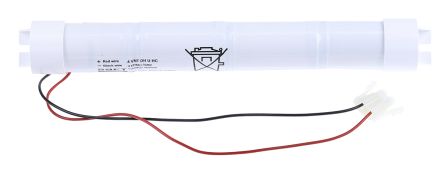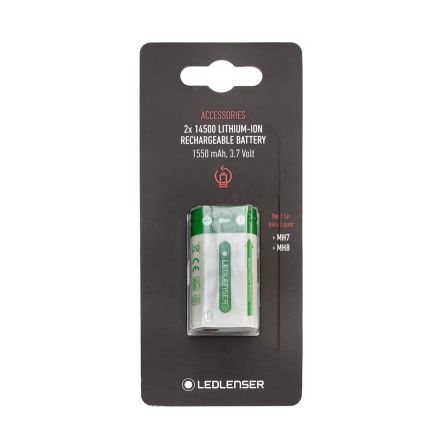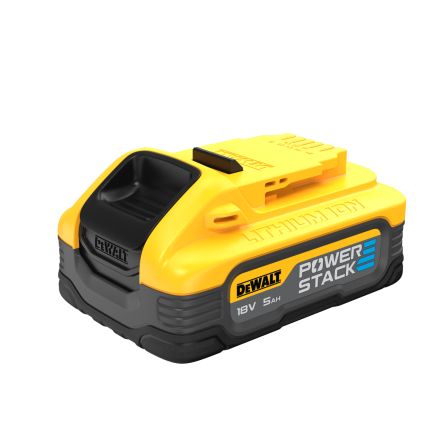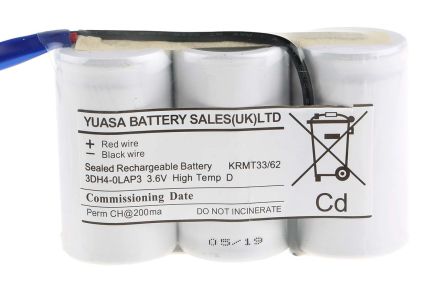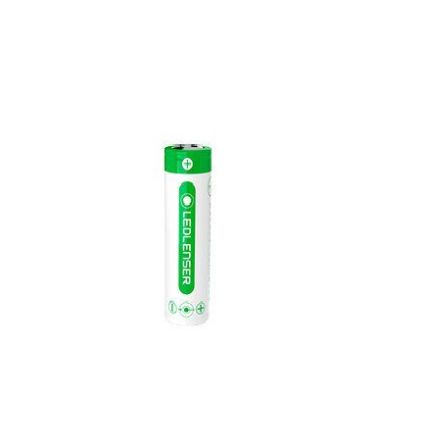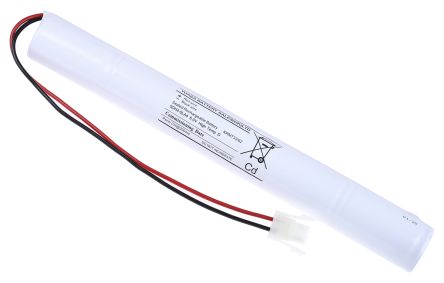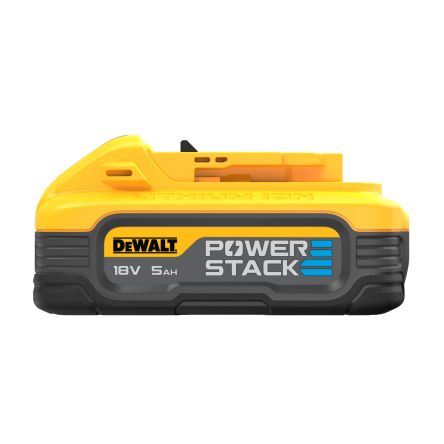- Automation & Control Gear
- Cables & Wires
- Enclosures & Server Racks
- Fuses & Circuit Breakers
- HVAC, Fans & Thermal Management
- Lighting
- Relays & Signal Conditioning
- Switches
- Batteries & Chargers
- Connectors
- Displays & Optoelectronics
- ESD Control, Cleanroom & PCB Prototyping
- Passive Components
- Power Supplies & Transformers
- Raspberry Pi, Arduino, ROCK, STEM Education & Development Tools
- Semiconductors
Rechargeable Battery Packs
They are battery packs comprising of AA rechargeable batteries and are available in different sizes and with a range of output capacities. As with any other battery pack, these packs are only suitable for the specified battery size of your intended application, i.e. only AA battery packs can be used for any device compatible with AA batteries.
Types of AA rechargeable battery packs:
- NiMH – These types of battery last very long and are considered environmentally friendly. They have a greatly reduced drain rate in high demanding devices, making them very popular. The capacity of the battery have twice the standard of NiCD. The NiMH battery can be charged at any time, this will not affect the batteries life.
- NiCd – Another type of rechargeable battery, the NiCd uses nickel oxide hydroxide as its electrodes to produce its rechargeable nature. They are simple and fast charging batteries. They work in a range of temperatures even very low ones. Very affordable and cost effective.
Terminal types:
- Wire lead – These types of terminals have a wire leading out of them that is typically used to connect a larger amount of batteries in one go to certain devices that require more power.
- Tag – Also similar to wire lead alternatives, the tag will feature at the end of the packet type and can also be used to recharge and charge devices.
Features and benefits:
- Different types of batteries available to suit your needs
- Capacities ranging from 600 to 2000 mAh
- Ranging number of cells
- Flat contact terminal types available
- Operating temperatures ranging for -10 to 60+°C
- Varying nominal voltages
Where might I use one?
- Remote controls
- Digital cameras
- Clocks
- Trimmers
- Lights
